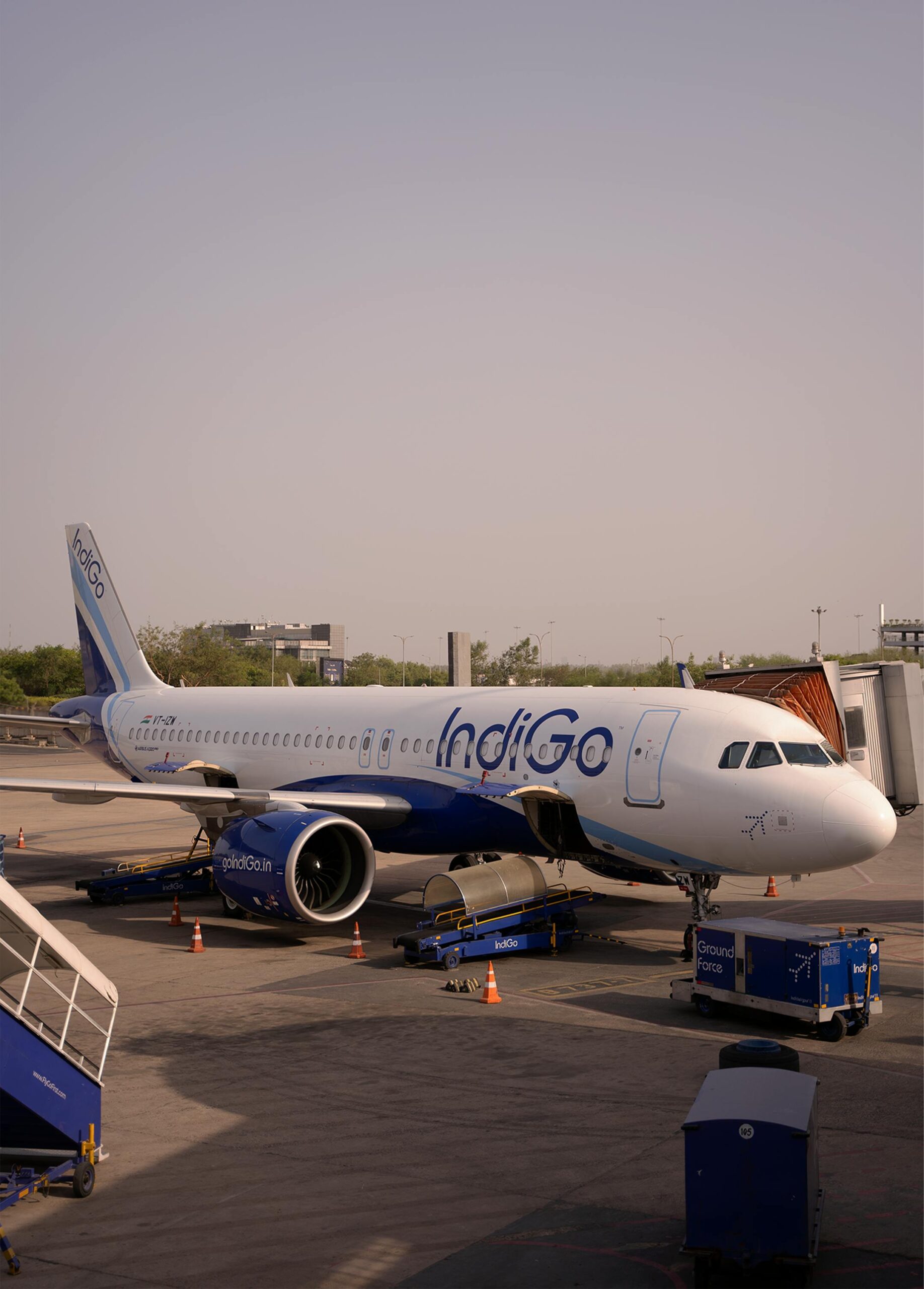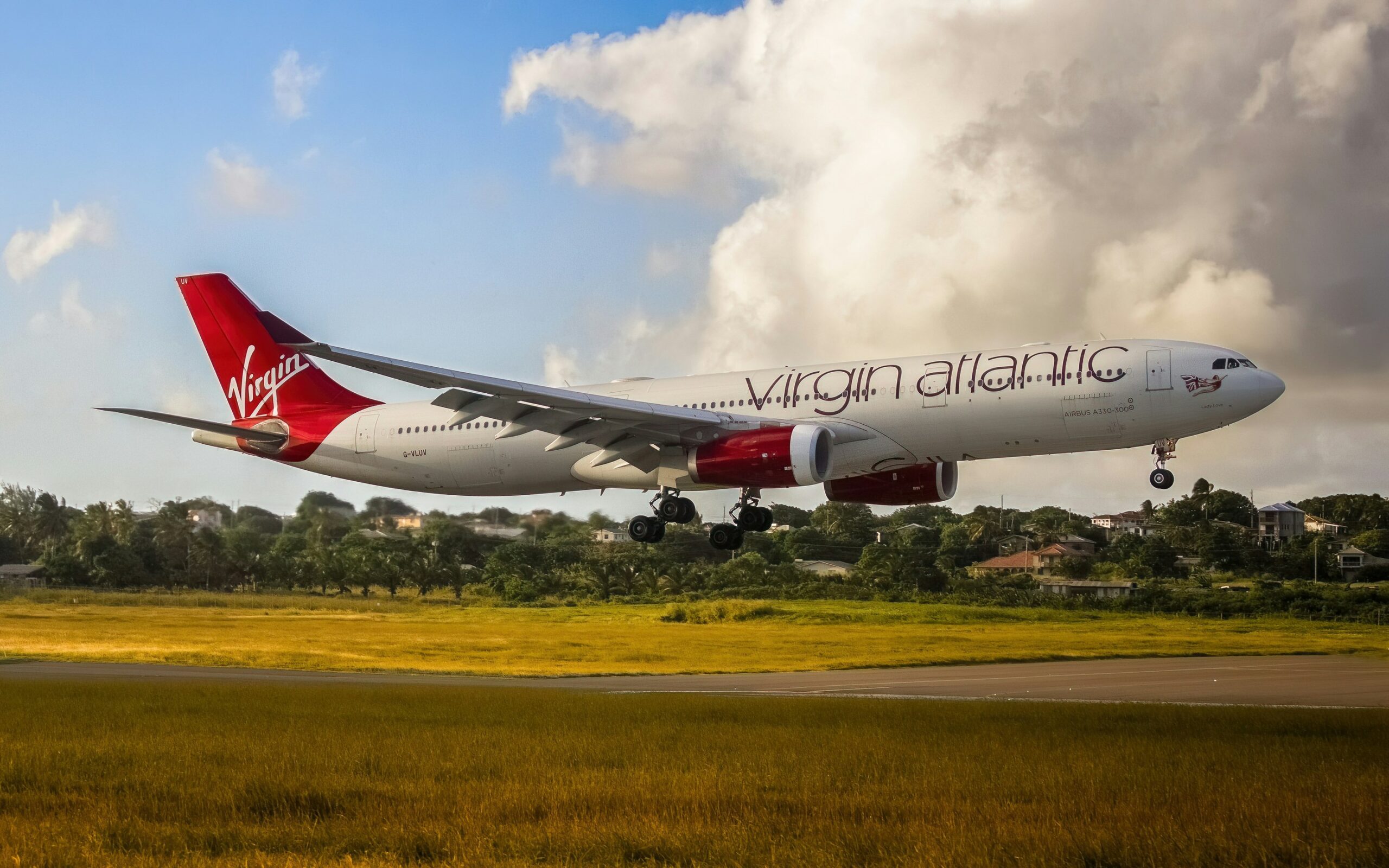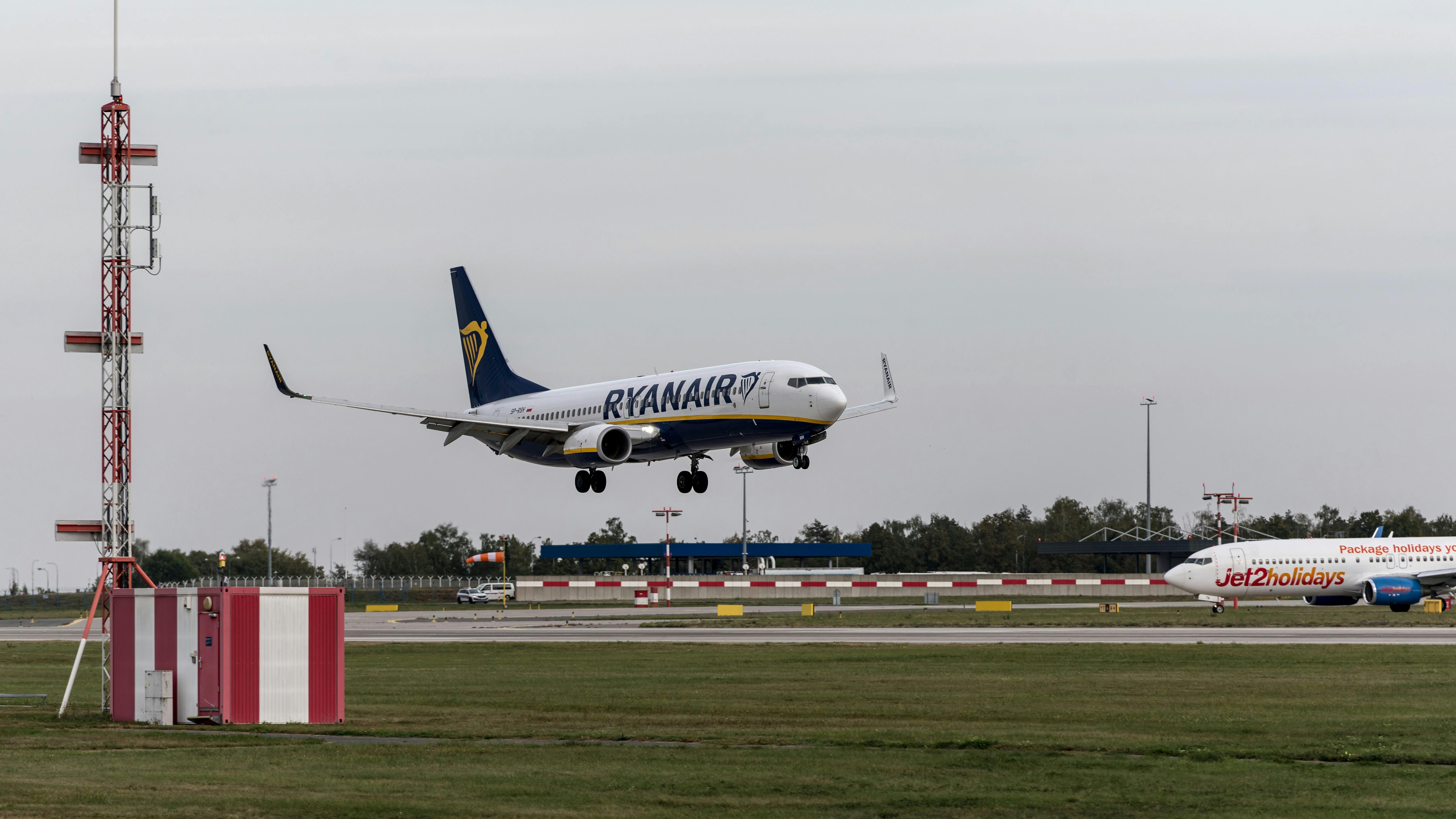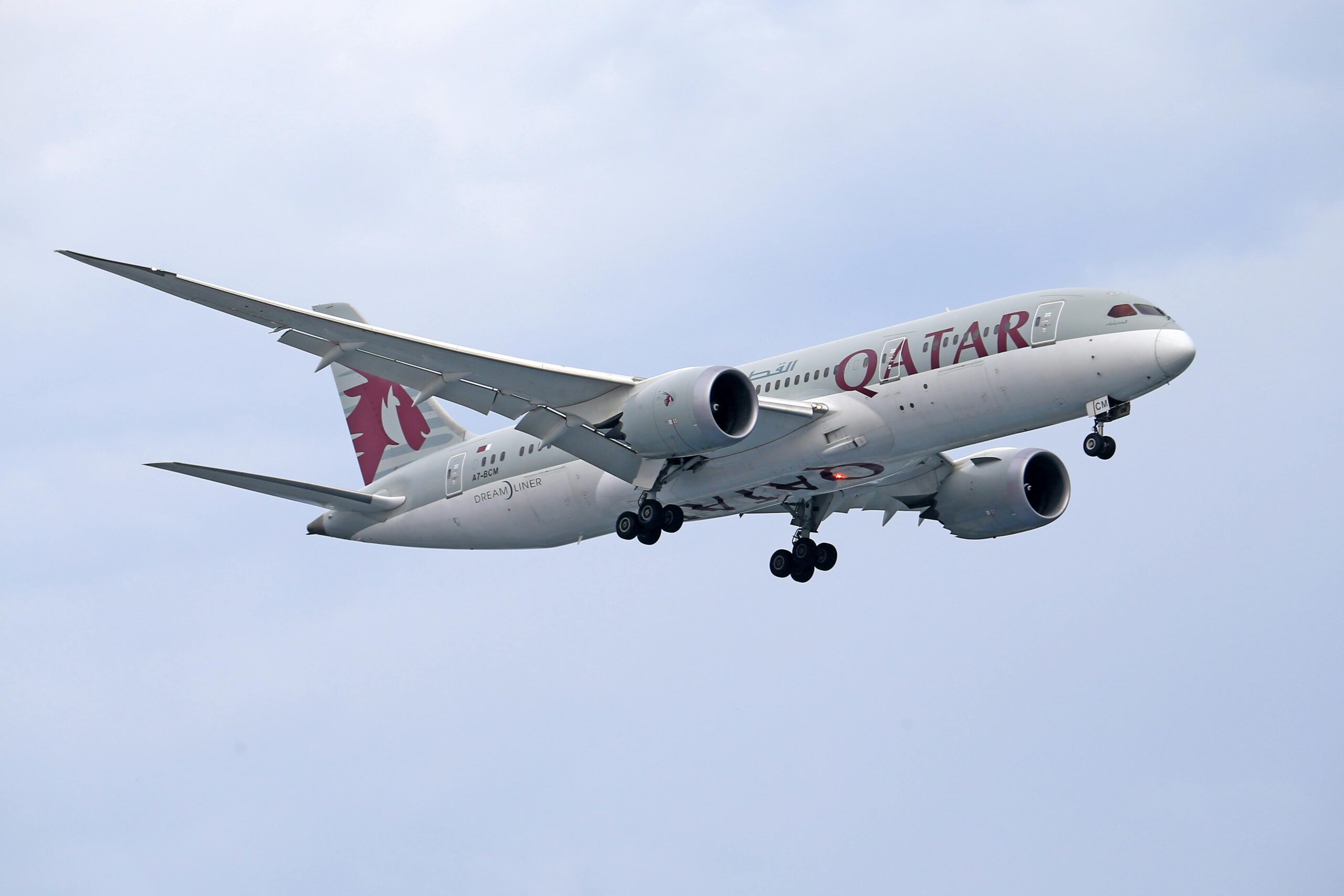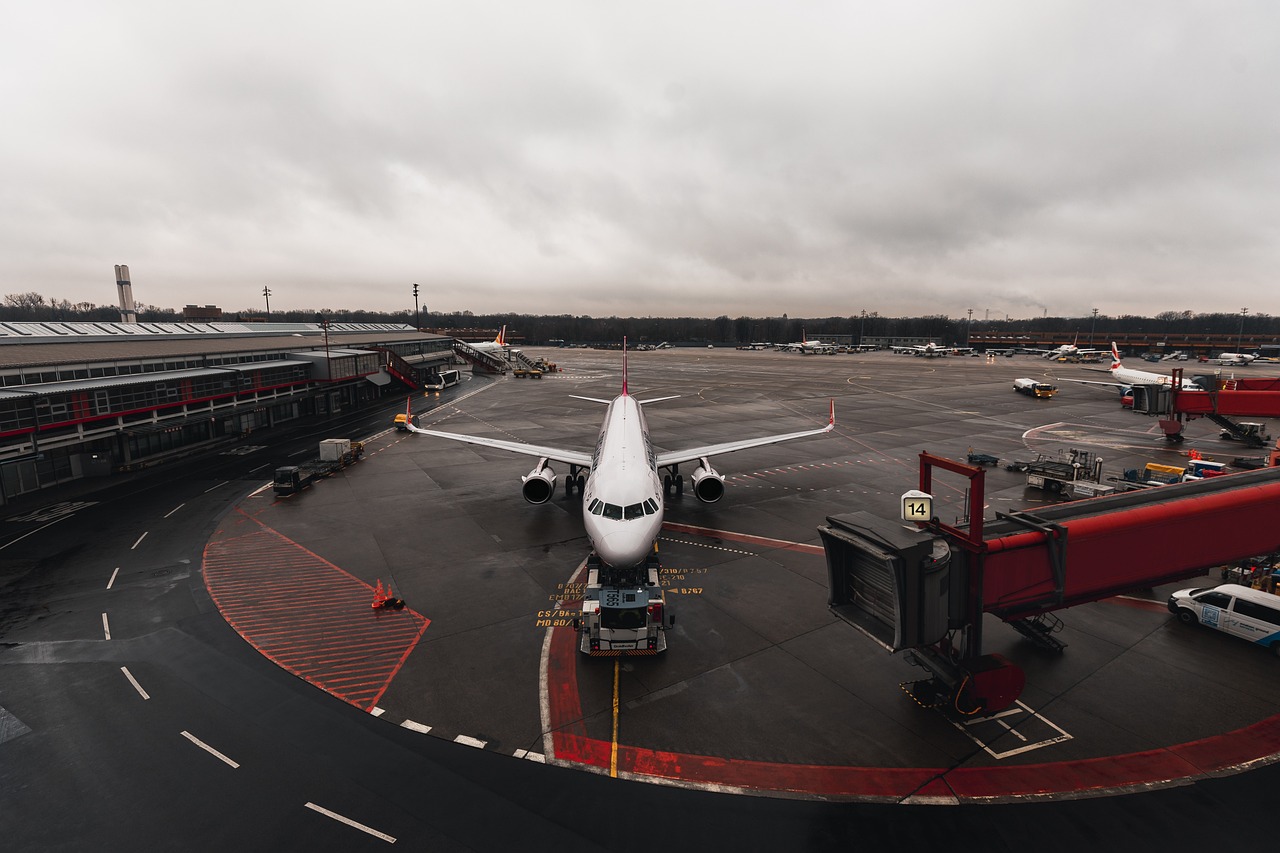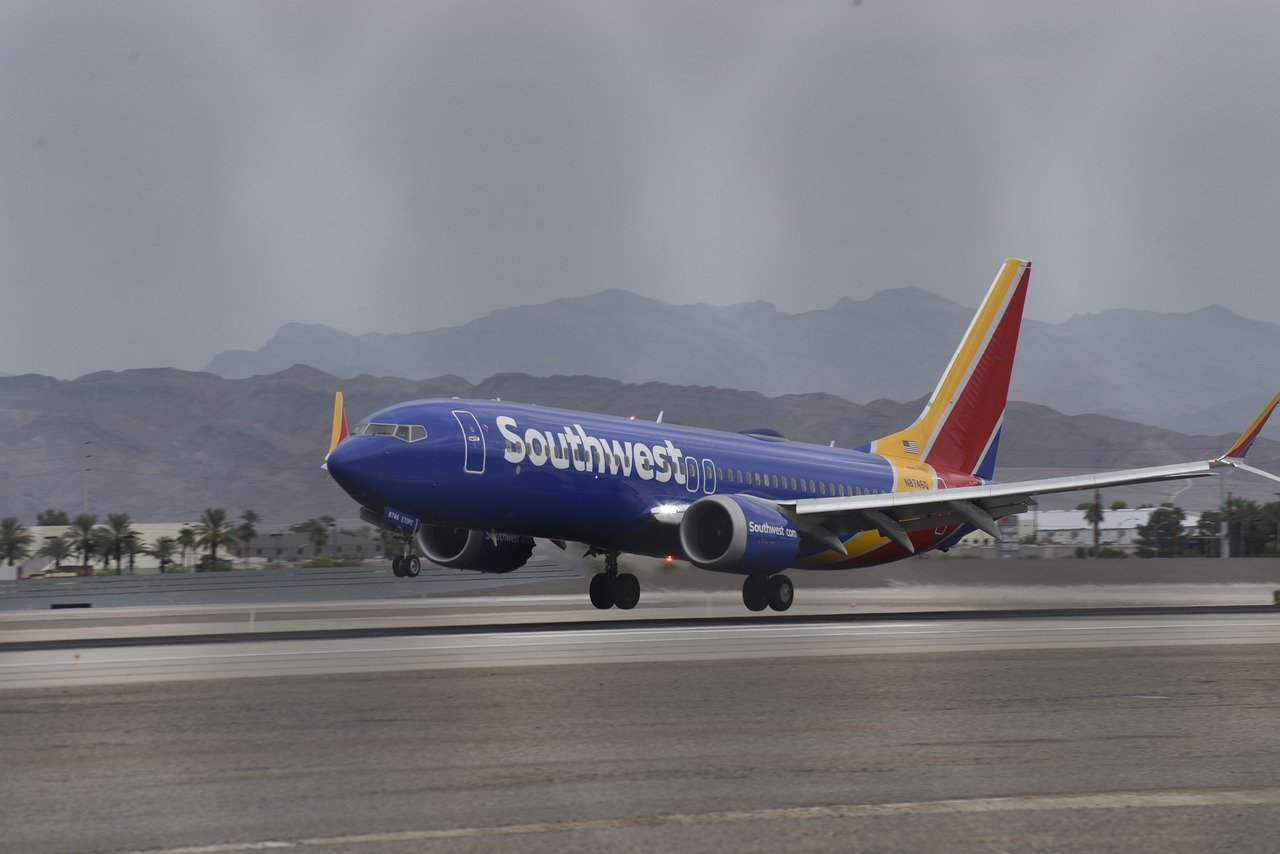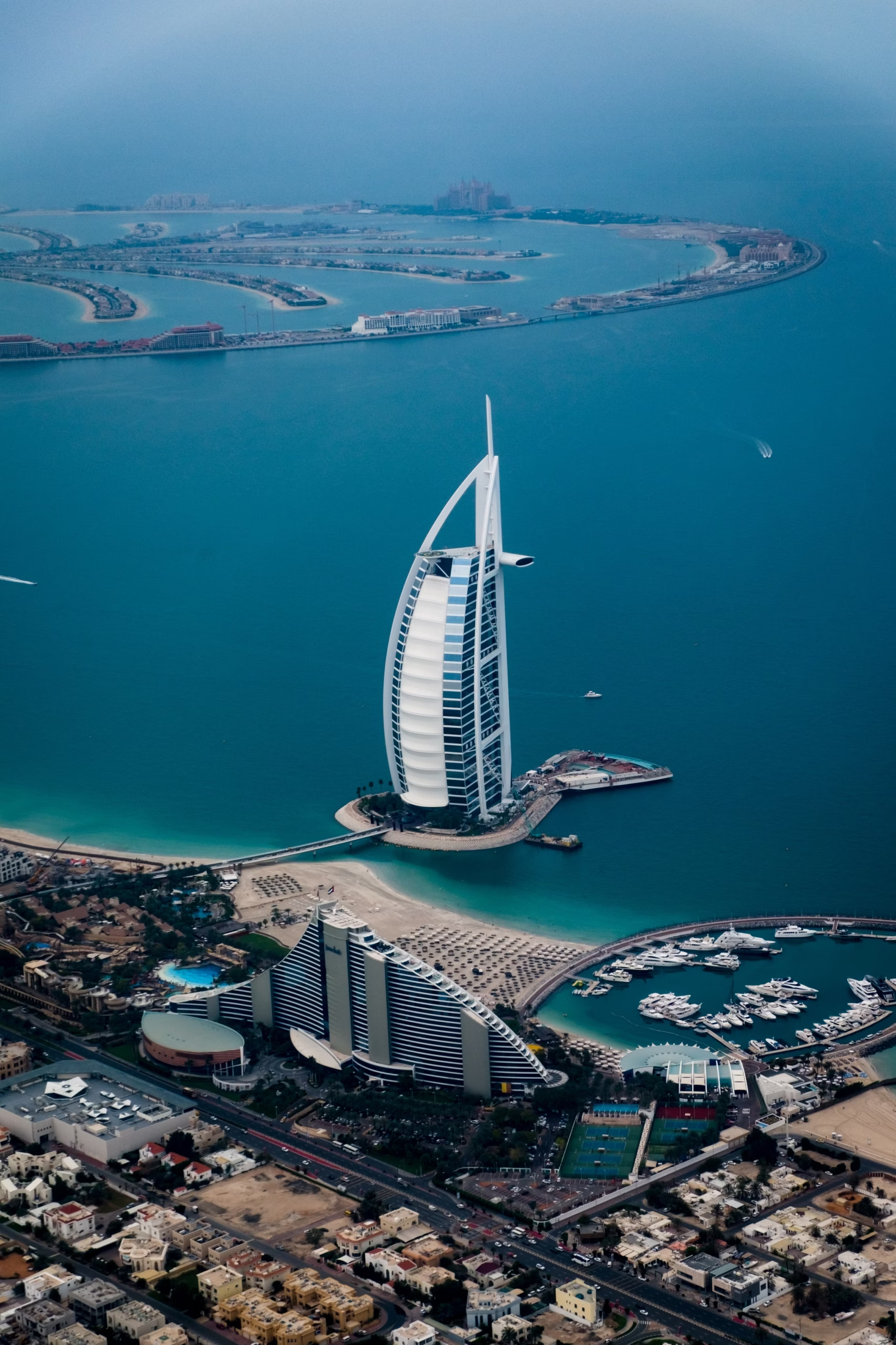IndiGo, officially known as InterGlobe Aviation Limited, has evolved from a nonexistent entity to India’s largest airline in just two decades. Today, it holds over 60% of the Indian market share. This remarkable feat typically takes decades in global aviation. Thus, IndiGo’s success highlights its effective management and strategic planning, setting it apart from other low-cost carriers in India.
The airline’s inception stems from its founders, Rahul Bhatia and Rakesh Gangwal, who recognized the potential in India’s aviation market. Founded in 2006, IndiGo quickly rose to prominence, achieving the largest market share within six years. Such rapid growth is unprecedented in the low-cost segment, which usually demands decades for substantial market presence. Consequently, this showcases IndiGo’s unique approach.
Bhatia and Gangwal capitalized on their complementary skills. For instance, Bhatia had a background in travel management, allowing him to secure airline licenses and order over 100 Airbus A320 jets. However, he needed industry expertise to create a solid business model. Therefore, he partnered with Gangwal, an industry veteran with extensive experience from various airlines.
Moreover, IndiGo drew inspiration from successful low-cost carriers in Europe, focusing on cost reduction. The airline adopted a single-configuration fleet, which streamlined operations and minimized expenses. By prioritizing point-to-point connectivity, IndiGo offered travelers more direct options while sidestepping less efficient hubs.
Furthermore, IndiGo’s management mirrored the successful practices of companies like Ryanair. The airline introduced additional fees and other revenue-generating strategies while maintaining a supportive environment for employees. This approach was particularly crucial in an industry facing significant staff retention challenges.
Initially burdened by startup costs, IndiGo utilized innovative financial strategies, such as sale-leaseback transactions, to manage expenses effectively. The airline went public a decade after its founding, resulting in significant profits for its founders.
Recently, IndiGo has faced challenges, particularly during the COVID-19 pandemic. In 2022, one co-founder exited the company, leading to a gradual sell-off of his stake. Nevertheless, IndiGo remains poised for future growth, as evidenced by its order for 30 Airbus A350-900 jets. This order signals a potential expansion into long-haul low-cost travel.
With a diverse fleet that includes the Airbus A320-200, Airbus A320neo, Airbus A321neo, and ATR 72-600, IndiGo continues to adapt and evolve. As the airline navigates new challenges, its ability to innovate and meet market demands will be crucial for sustained success in India’s competitive aviation landscape. Lastly, don’t forget to check WentWorld.com and follow our social media channels for ultimate travel tips and destination guides.
Related stories:
Catch up on the top stories and travel deals by subscribing to our newsletter!

